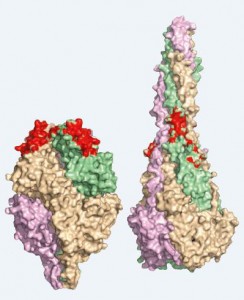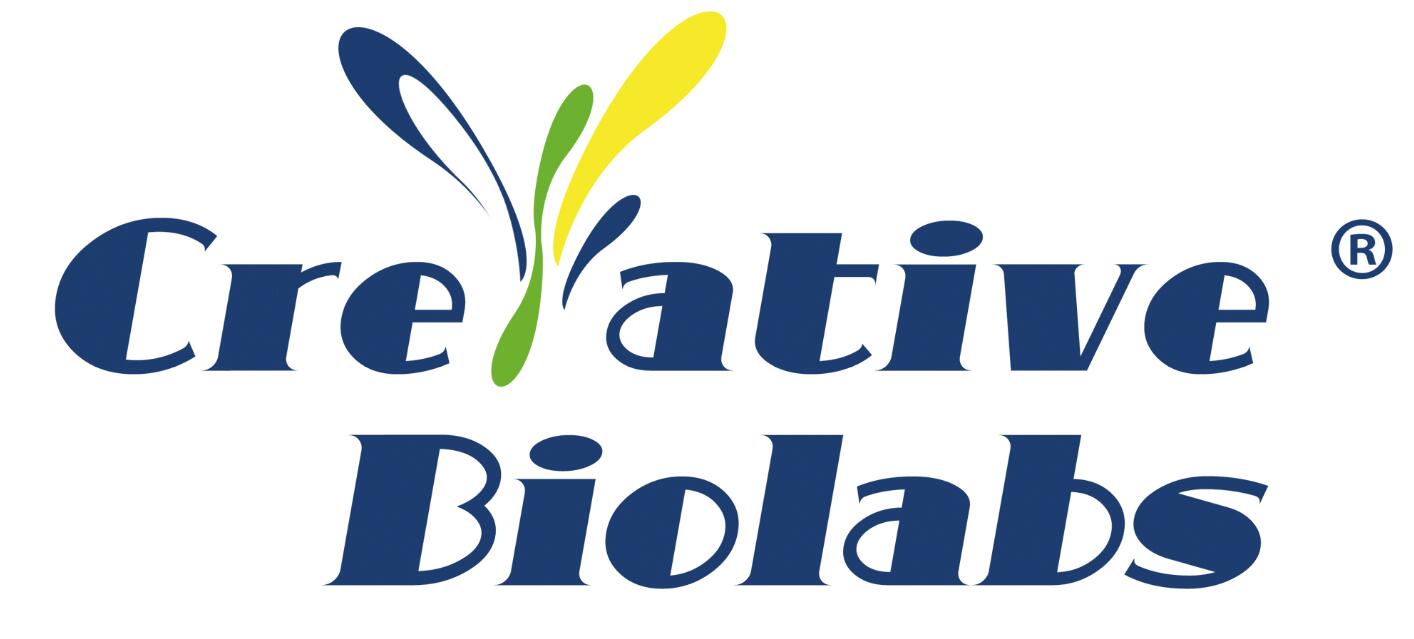Recently, some scientists have raised a idea that scFv shouldn’t focus on the traditional antibody because modern new drugs require more efficient antibodies. The latest research progress in scFv has indicated there are two new types, namely the single-chain antibody multimer and bispecific single-chain antibody.
 As for single-chain antibody multimer, it is different from typical antibody that merely owns one light chain and one heavy chain, which is slightly inferior to the parent antibody in antigen gene. Therefore, people are trying to use polypeptide gene that can easily form spiral and make it co-express with VH gene and VL gene in expression system, for the purpose of producing bivalent single-chain antibody. In fact, some relevant research progresses have shown the length of linker (connect VH and VL) is connected with the single-chain antibody multimer.
As for single-chain antibody multimer, it is different from typical antibody that merely owns one light chain and one heavy chain, which is slightly inferior to the parent antibody in antigen gene. Therefore, people are trying to use polypeptide gene that can easily form spiral and make it co-express with VH gene and VL gene in expression system, for the purpose of producing bivalent single-chain antibody. In fact, some relevant research progresses have shown the length of linker (connect VH and VL) is connected with the single-chain antibody multimer.
For the bispecific single-chain antibody, it can be completed utilizing the VH and VL gene of two different single-chain antibody. Generally, it can be recombined during the expression process. Such antibody can specifically link two antigens with dual specificity. Compared with conventional bispecific antibodies, bispecific single-chain antibody has a variety of advantages. Firstly, the absence of Fc fragments reduces the possibility of non-specific binding in FcR positive cells. Secondly, it will minimize the murine protein, which could reduce the possibility of immune hypersensitivity. Finally, its small molecules is beneficial in penetrating the tumor tissue.
While on the other hand, scFv still has some deficiencies in practical applications even if it has achieved massive progresses through 20 years of development, such as low affinity, poor stability, short half-life, etc.. Taking the affinity as an example, scFv’s affinity is ten to one thousand times lower than that of parent single-chain antibody. More specifically, scFv has small molecules. Its in vivo clearance speed is fast so that sometimes it cannot reach enough time in treatment and diagnosis. Given the discussed details above, increasing scFv’s antigen-binding ability might be a choice for improving its disadvantages. Moreover, with rapid advance in molecular biology, molecular immunology, single-chain antibody display and in-depth technical study of expression, better scFv that is accessible to a variety of purposes is just around the corner.
